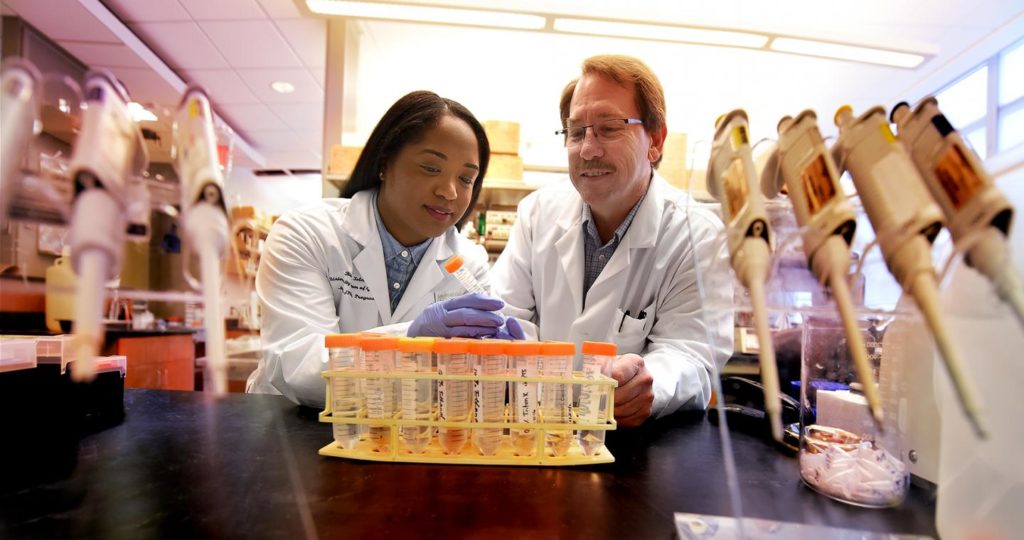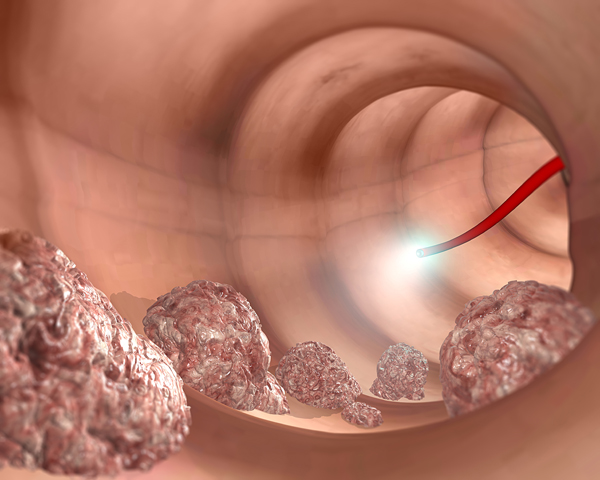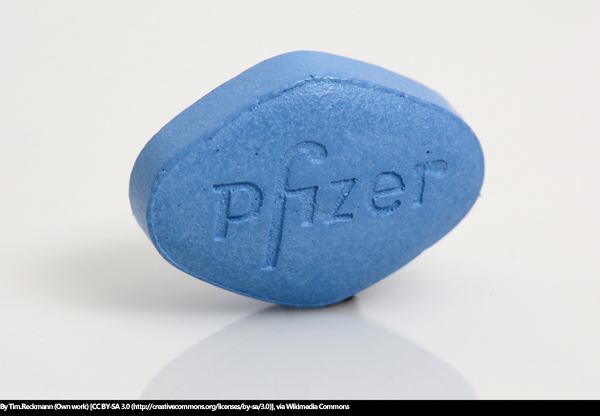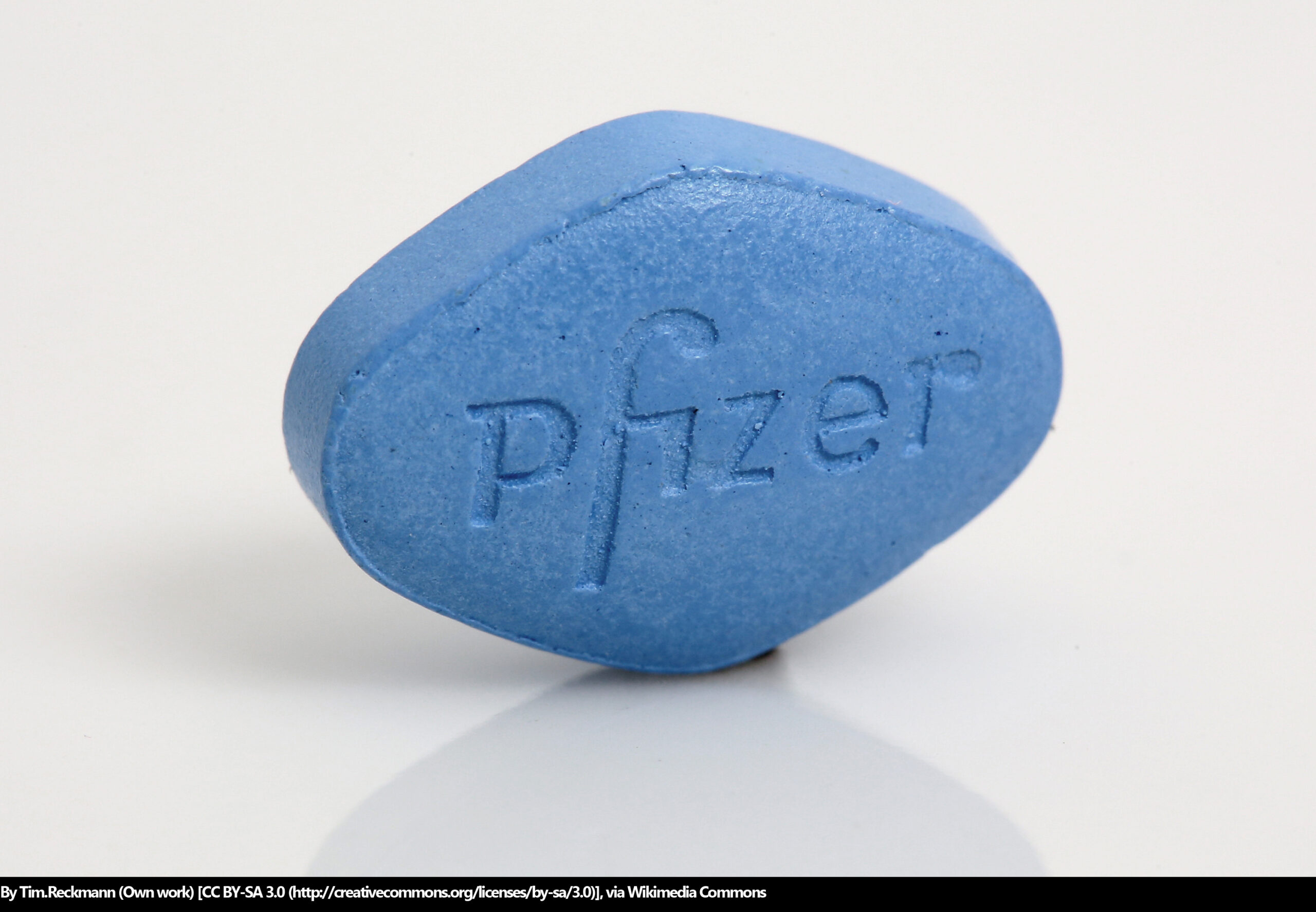Viagra reduces the formation of colon polyps which can develop into colorectal cancer in mice, according to a new study published in the journal Cancer Prevention Research. Since colorectal cancer is the third leading cause of cancer death, prescribing patients a small, daily dose of the erectile dysfunction drug could help reduce this risk.
According to the researchers at the Medical College of Georgia at Augusta University who led the study, they’ll need to conduct a clinical trial of Viagra including patients at a higher risk of developing colorectal cancer in order to validate their preclinical findings. Individuals with a family history of colorectal cancer, and those who have had polyps identified during colonoscopy procedures face a higher risk of developing this form of cancer.
For their study, the researchers used a strain of mice that has been genetically engineered to model a human mutation that causes individuals to develop hundreds of colorectal cancer-producing colon polyps from a young age. The research team administered the Viagra in the animals’ drinking water.
“Giving a baby dose of Viagra can reduce the amount of tumors in these animals by half,” said Dr. Darren D. Browning, cancer researcher at the Georgia Cancer Center and Department of Biochemistry and Molecular Biology at the Medical College of Georgia at Augusta University.
The mice carry mutations in the adenomatous polyposis coli (APC) tumor suppressor gene; when this gene is altered in humans, the condition is known as familial adenomatous polyposis. Patients with this condition are at a heightened risk of developing colorectal cancer around age 49 due to the formation of hundreds of polyps in their colon.
Since Viagra has been used to treat conditions other than erectile dysfunction – namely pulmonary hypertension in premature babies – Browning and his team believe it could be safe enough for daily use in the prevention of colorectal cancer. The drug works to dilate blood vessels by having a relaxing effect on the smooth muscle cells that surround them.
However, in the current study, the researchers have also found that Viagra affects cyclic GMP, which plays a role in the heath of the intestinal epithelium by inducing apoptosis of precancerous cells while supporting differentiation of normal cells. While polyps that had already appeared in the colon were not affected by Viagra supplementation, the researchers still believe it could help these polyps from forming in the first place.
“When we give Viagra, we shrink the whole proliferating compartment,” said Browning. “Proliferating cells are more subject to mutations that cause cancer.”
While Pfizer’s Viagra has not been approved to prevent colorectal cancer, last year’s decision to make the drug available over-the-counter (OTC) in the UK could clear the way for easier access for patients in the future.










Join or login to leave a comment
JOIN LOGIN